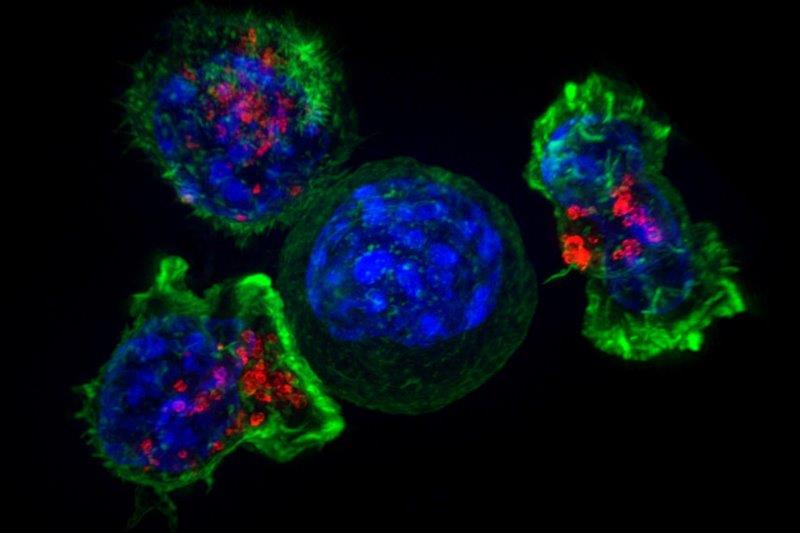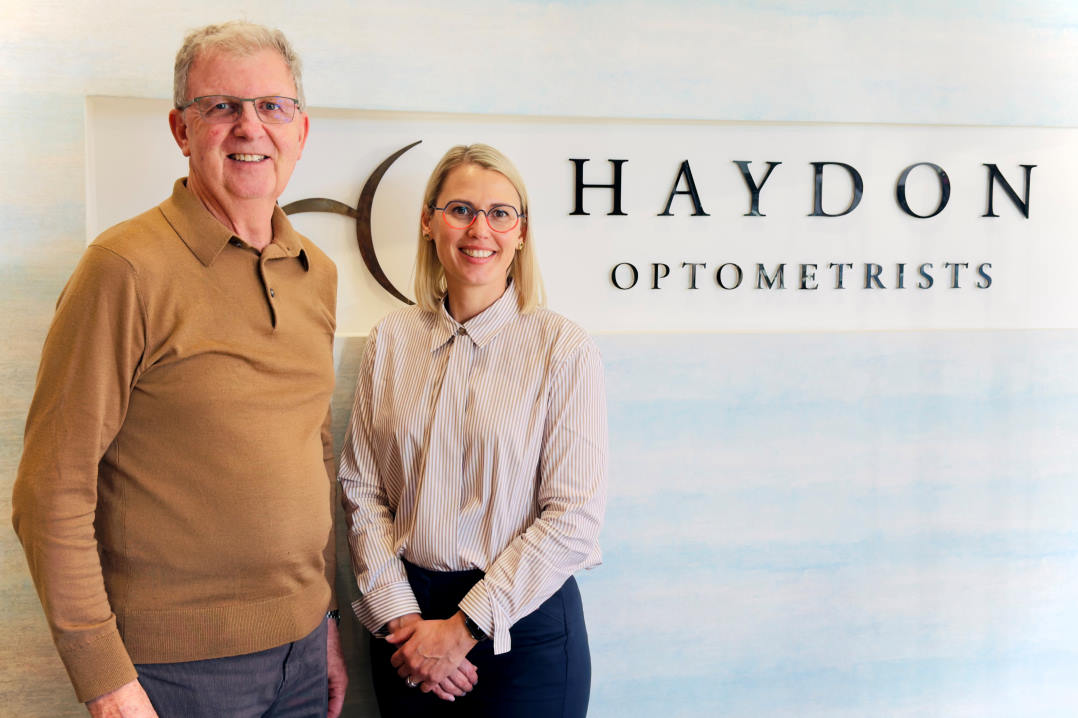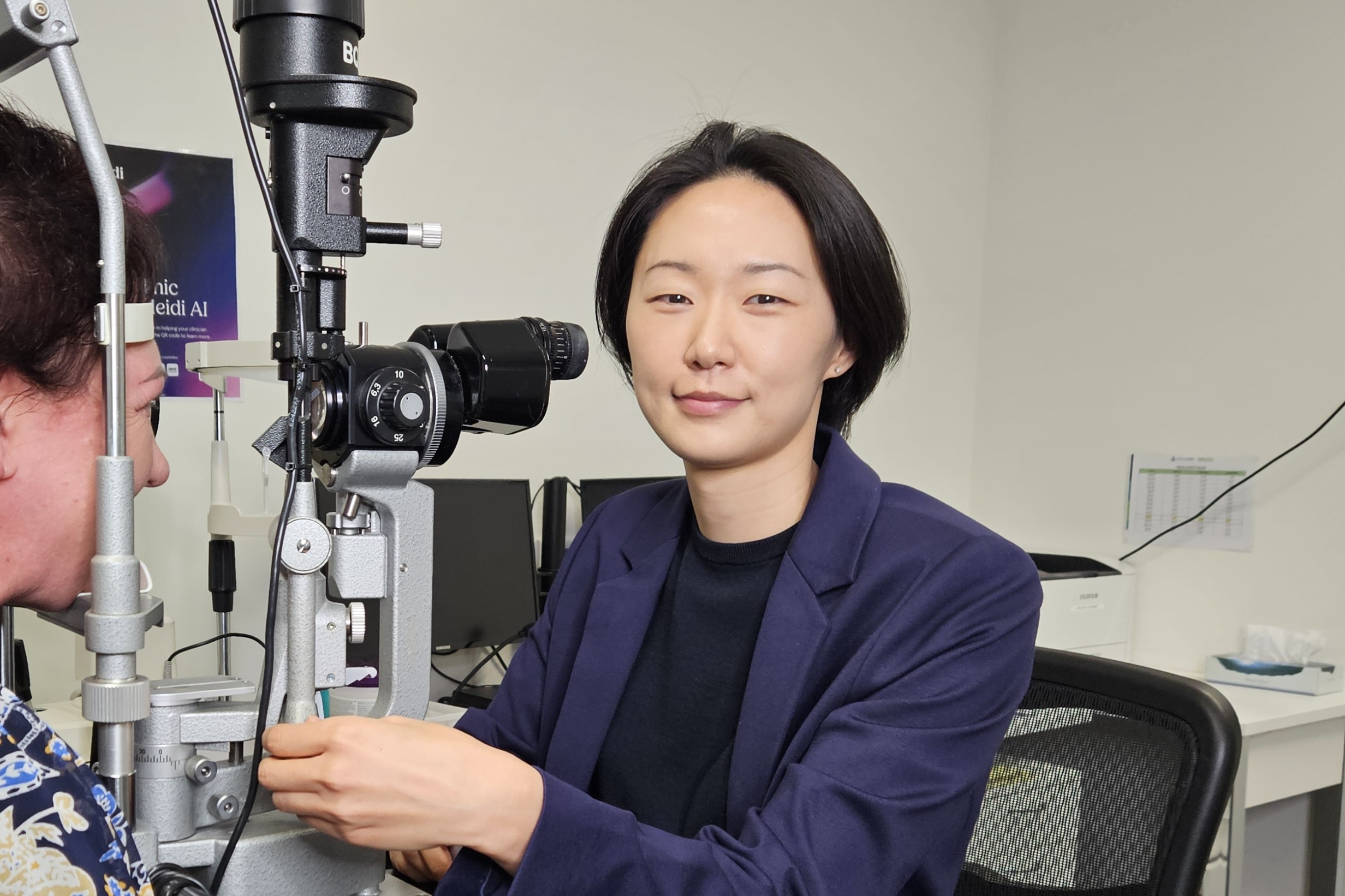Cancer therapy’s ocular impact
Targeted cancer therapy (TCT) has the potential to cause ocular toxicity, reported researchers
in Ophthalmology Times.
“TCT is a major advance in oncology and has significant survival benefits for patients with metastatic melanoma, renal cell carcinoma, non-small cell lung cancer, Hodgkin lymphoma and other neoplasias,” said study lead Assistant Professor Nagham Al-Zubidi from Texas University and the Anderson Cancer Center. “It works by manipulating the immune system, blocking the growth of cancer cells and interfering with specific signalling and angiogenesis pathways involved in carcinogenesis.”
However, TCT is also associated with immune-related adverse events (irAEs), with ocular AEs among the most common, she wrote. The eye may be more susceptible to development of irAEs because of its delicate homeostatic environment of growth factors and cell receptors, its highly differentiated structure – in which more than 90% of the genes in the human genome are expressed in one or more ocular tissues – and the possibility for vascular formation in the eye, explained A/Prof Al-Zubidi.
Investigators reviewed the medical records of 2,835 patients who presented to the centre and received TCT between January 2010 and December 2019. Nine classes of targeted therapy were analysed to identify irAEs. Drugs inhibiting the BRAF gene were associated most often with uveitis followed by serous chorioretinopathy, dry eye and diplopia, with 18.6% of the cohort showing AEs. Immune checkpoint inhibitors were associated with a higher percentage of uveitis and diplopia, serous chorioretinopathy and non-arteritic ischemic optic neuropathy, with 12.2% of the cohort having AE events. MEK enzyme inhibitors produced AEs including serous chorioretinopathy, dry eye, and keratitis in 6% of that cohort.
A/Prof Al-Zubidi noted that the symptoms of ocular toxicity may be difficult to distinguish from the direct effects of the cancer itself. “Recognition and differentiation of these complications are important for proper patient care and treatment,” Al-Zubidi concluded. “A baseline ophthalmic examination before treatment may identify any pre-existing ocular conditions and result in reduced ocular adverse effects during and after cancer therapy. Further work should provide recommendations for screening, surveillance, and management of these irAEs.”
























